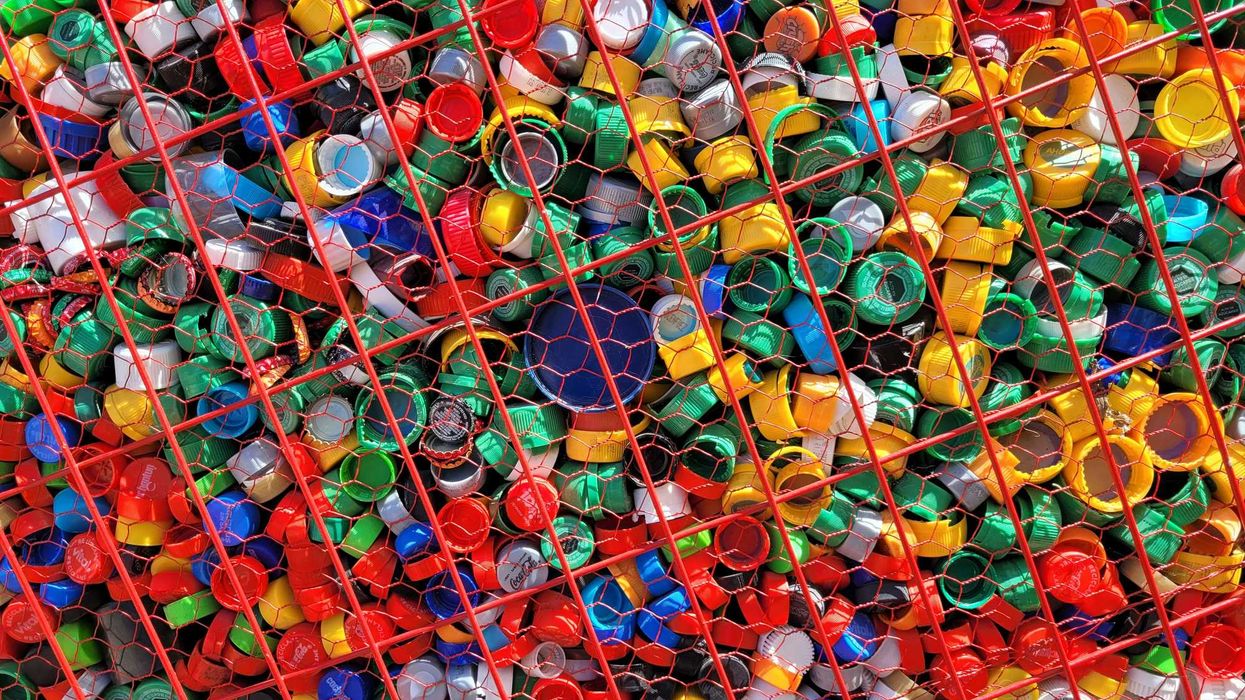Prenatal exposure to common plastic additives may rewire key brain functions in newborns, a new study finds.
Kristen Rogers reports for CNN.
In short:
- Researchers studying mother-infant pairs in Atlanta found that prenatal exposure to phthalates disrupted levels of neurotransmitters and amino acids essential for healthy brain development.
- Babies exposed in utero showed lower levels of tyrosine and serotonin-related compounds, which play critical roles in mood, learning, and attention — correlating with lower attention and excitability scores.
- Phthalates are used in plastic products and personal care items, and while some manufacturers claim safer alternatives exist, experts stress that the burden should fall on companies to prove safety before market release.
Key quote:
“This study just adds to a voluminous base of evidence that chemicals used in plastic materials harm human health.”
— Dr. Leonardo Trasande, director, New York University Center for the Investigation of Environmental Hazards
Why this matters:
We like to think of baby brains as blank slates, ready to soak in the world. But what if the slate’s already being scribbled on — by plastic? Plastic chemicals like phthalates are practically unavoidable and now tied to neurological shifts in newborns, raising major red flags for long-term brain health. It’s a reminder that our consumer economy has laced the most ordinary acts — eating takeout, moisturizing, washing our hair — with invisible risks. And while industry PR teams love to promise “safer” alternatives, the science says we’re still playing chemical roulette.
Read more:














